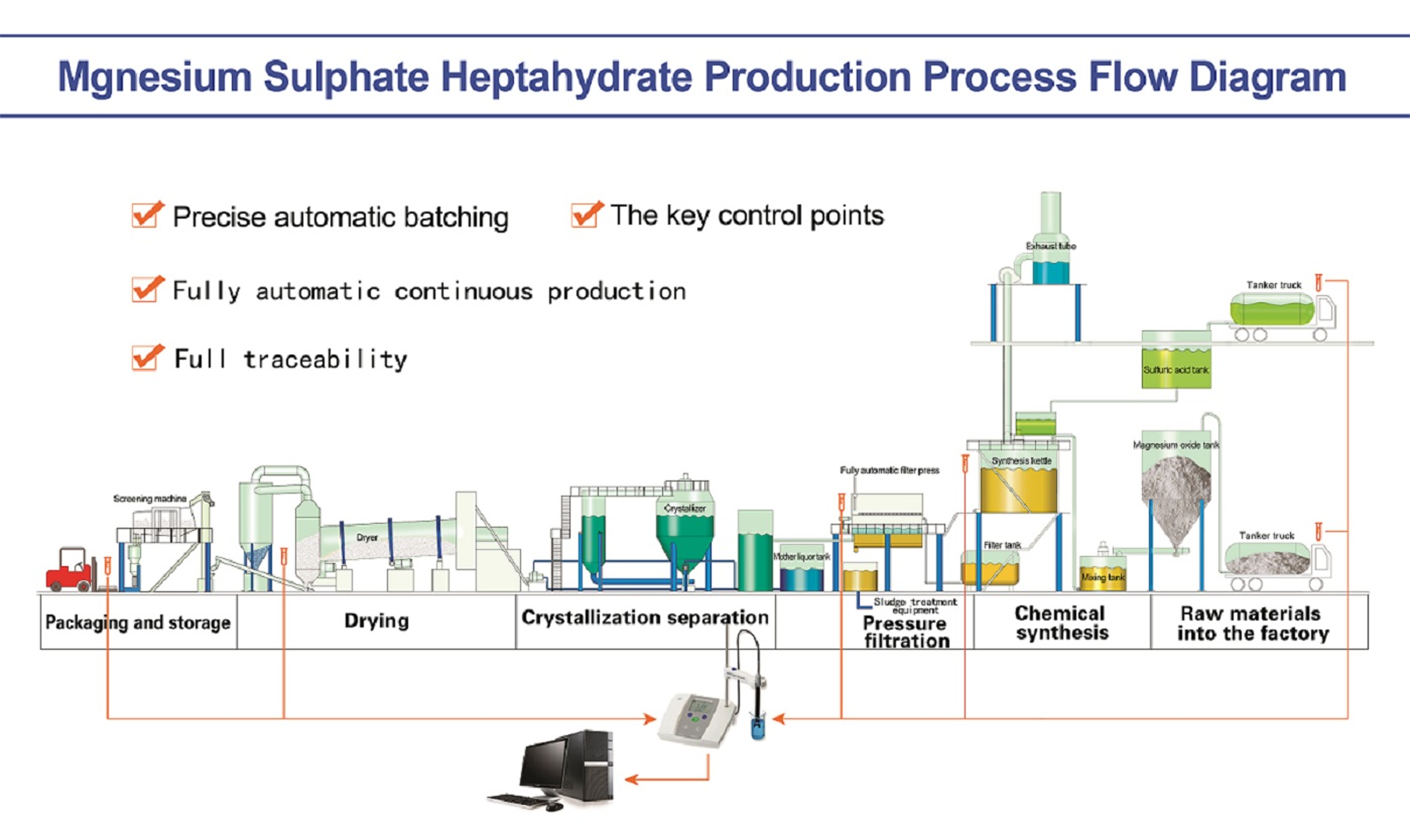Calcium Chloride Dihydrate (CaCl₂·2H₂O) is a versatile compound with a wide range of applications across several industries due to its hygroscopic nature and high solubility. Here are its primary uses:
1. **De-icing and Dust Control**: Calcium chloride dihydrate is commonly used for de-icing roads, sidewalks, and driveways as it lowers the freezing point of water, effectively melting ice and snow even at low temperatures. It is also used for dust control on unpaved roads by helping to retain moisture and reduce airborne dust.
2. **Industrial Drying Agent**: Its strong hygroscopic properties make it an effective desiccant. It’s used to absorb moisture in industrial drying processes, in packaging to keep products dry, and to maintain low humidity in storage spaces.
3. **Water Treatment**: Calcium chloride dihydrate helps remove impurities in water treatment processes, particularly for softening water. It can also assist in wastewater treatment by aiding in the removal of suspended solids and preventing odor.
4. **Food Industry**: In the food industry, calcium chloride dihydrate is used as a firming agent in canned vegetables and fruits, a stabilizer in dairy products like cheese, and as an electrolyte in sports drinks. It’s classified as a food additive and recognized as safe in small quantities.
5. **Agriculture**: Calcium chloride is used as a source of calcium in soil conditioning to help plant health, especially in calcium-deficient soils. It also acts as an anti-bitter pit agent in apples and helps strengthen cell walls in plants, improving the quality of fruits and vegetables.
6. **Pharmaceuticals and Medicine**: It serves as an electrolyte replenisher, particularly in treating calcium deficiencies, and can be administered in intravenous (IV) solutions to help regulate heart function, nerve transmission, and muscle contraction.
7. **Concrete Acceleration**: Calcium chloride dihydrate is used as a concrete accelerator in the construction industry, helping concrete set and harden faster. This is especially useful in cold weather, as it reduces curing time and allows construction projects to proceed despite low temperatures.
8. **Cooling and Refrigeration**: It can be used in cooling systems as brine, particularly in refrigeration systems, due to its ability to lower the freezing point of water.
9. **Aquaculture and Aquariums**: It is used to maintain calcium levels in aquariums and aquaculture systems, which is essential for the growth of coral and shellfish.
Calcium chloride dihydrate is valued for its ability to absorb moisture, its effectiveness at low temperatures, and its generally safe profile, making it suitable for diverse applications across different sectors.





 Guarantee safe
Guarantee safe 





